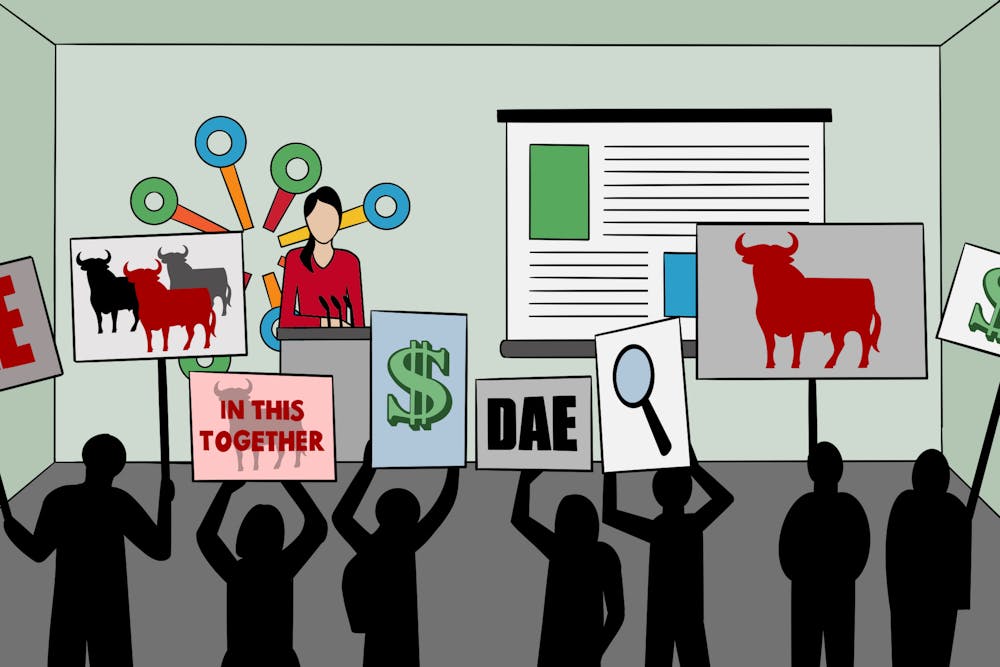In October, thousands of classified staff members in Durham Public Schools — including bus mechanics, instructional assistants and cafeteria workers — received raises from the district.
However, DPS announced in January that, due to an accounting error when changing staff salaries, over 1,000 classified staff members had been overpaid for months. DPS withdrew the pay raises by excluding private sector experience in wage calculation, only accounting for experience within the district.
The DPS Board of Education — under the impression that the raises would cost just over $10 million — had intended to use all applicable experience in the raises, including in the private sector. But, a report released earlier this month found Superintendent Pascal Mubenga had not provided the board with accurate information about how much the full raises based on applicable experience would cost.
Mubenga, the report found, was notified the raises would cost roughly $20 million in November 2023, two months before he raised the issue to the board.
Mubenga resigned in a closed board meeting on Feb. 7.
The board voted to continue paying the higher salaries through February, but has yet to decide if the salaries will continue or be reduced for the rest of the school year.
Over the past few months, the Durham Association of Educators organized rallies and many DPS schools have closed for multiple days because staff have called out sick to attend protests. The DAE is a local affiliate of the North Carolina Association of Educators and the National Education Association, the largest teacher's union in the country.
In North Carolina, collective bargaining between public employers and employee unions is prohibited.
DAE President Symone Kiddoo said even though the DAE does not engage in collective bargaining, the organization takes the same steps as labor unions in states where collective bargaining is allowed. These steps include figuring out the needs of public school workers and applying pressure to decision makers, she said.



